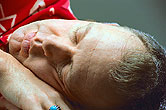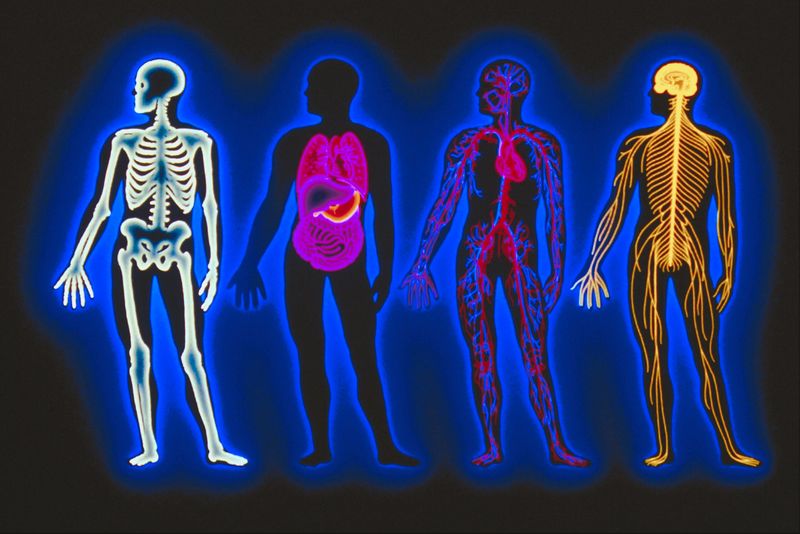
WEDNESDAY, Jan. 21, 2015 (HealthDay News) — Sleeping on your stomach may boost your risk of sudden death if you have epilepsy, new research suggests.
Sudden, unexpected death in epilepsy occurs when an otherwise healthy person dies and “the autopsy shows no clear structural or toxicological cause of death,” said Dr. Daniel Friedman, assistant professor of neurology at NYU Langone Medical Center in New York City.
This is a rare occurrence, and the study doesn’t establish a direct cause-and-effect relationship between sleeping position and sudden death.
Still, based on the findings, people with epilepsy should not sleep in a prone (chest down) position, said study leader Dr. James Tao, an associate professor of neurology at the University of Chicago.
“We found that prone sleeping is a significant risk for sudden, unexpected death in epilepsy, particularly in younger patients under age 40,” said Tao.
For people with epilepsy, brief disruptions of electrical activity in the brain leads to recurrent seizures, according to the Epilepsy Foundation.
It’s not clear why prone sleeping position is linked with a higher risk of sudden death, but Tao said the finding draws parallels to sudden infant death syndrome (SIDS).
It’s thought that SIDS occurs because babies are unable to wake up if their breathing is disrupted. In adults with epilepsy, Tao said, people on their stomachs may have an airway obstruction and be unable to rouse themselves.
For the study, Tao and his colleagues reviewed 25 previously published studies that detailed 253 sudden, unexplained deaths of epilepsy patients for whom information was available on body position at time of death.
The findings were published online Jan. 21 in the journal Neurology.
Tao found that 73 percent of the patients died while sleeping on their stomach. In a subgroup of 88 cases, those younger than age 40 were four times more likely to have died in a stomach sleeping position than the older people. In all, 86 percent of those younger than 40 and 60 percent of those over 40 were on their stomachs when found dead.
Tao can’t say why sudden death was more common in younger epilepsy patients. Perhaps they were more likely to be single and without a bed partner who might have awakened them during the seizure, he said.
He emphasized that he only found a link between sleeping position and death risk, not proof that stomach sleeping caused the deaths. “It’s an association, not cause and effect,” Tao said.
The new study sheds more light on what neurologists have found and believed, said Friedman, who is also an editor for the Epilepsy Foundation website. Friedman wasn’t involved in the study.
The study also adds data about the higher risk found in those younger than 40, he said.
Epilepsy affects about 50 million people worldwide, research shows. Tao said probably 0.3 percent of them die unexpectedly. Of this small number, about 70 percent die during sleep.
Sudden death is more common in those whose epilepsy is chronically uncontrolled, Tao added.
People with epilepsy should try to sleep on their side or back, Tao said, and ask their bed partner to remind them. Using wrist watches and bed alarms designed to detect seizures during sleep may also help prevent sudden death, he said.
Friedman suggested putting a tennis ball in the front pocket of a T-shirt before going to sleep. Then, if you roll over on your stomach, you’ll be awakened.
More information
To learn more about epilepsy, visit the Epilepsy Foundation.
Copyright © 2026 HealthDay. All rights reserved.

